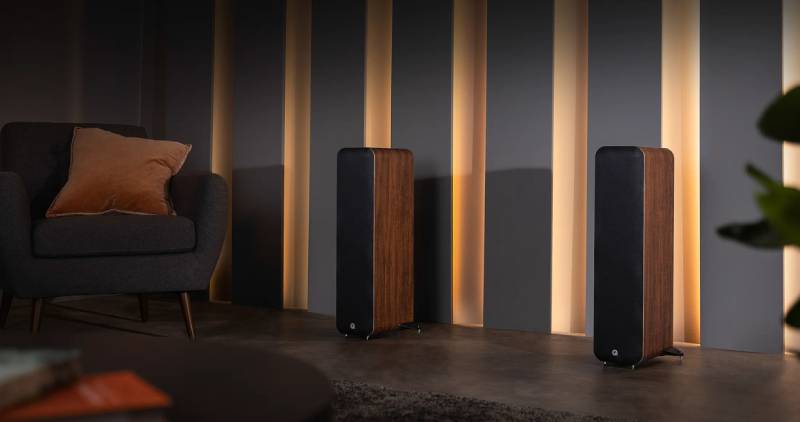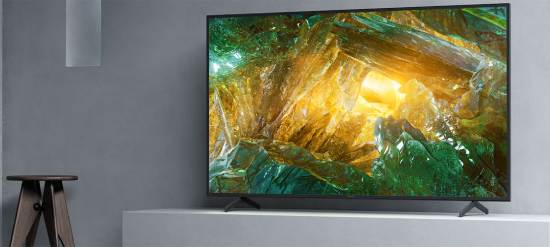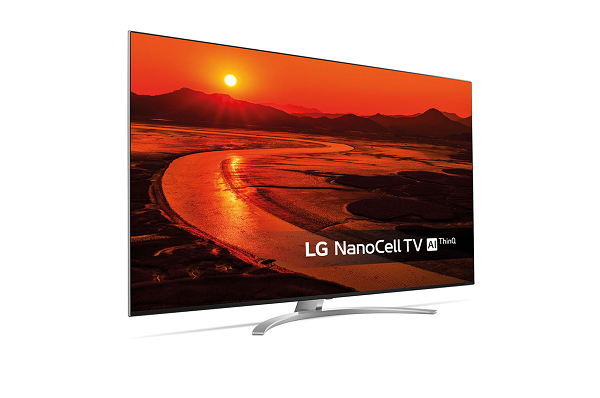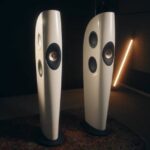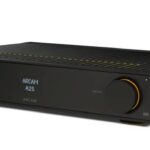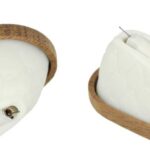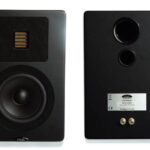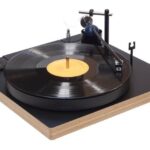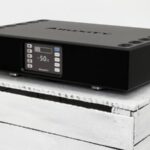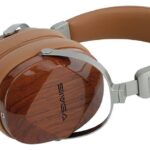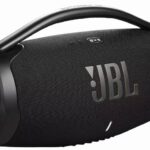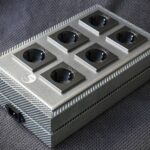Debut is perhaps the most representative platter of Lichtenegger. It has been on the market for more than twenty years and has certainly been a major driver on the vinyl market. Each new version has great interest. We try the Carbon EVO and discover that the … good tradition continues.
From a historical point of view, Debut is very important. From its first version, twenty years ago, it aimed exactly where it needed to go: To the friends of good sound who belonged to the new generation, they appreciated analog systems and were looking for an affordable device but high quality. Heinz Lichtenegger and Laurence Armstrong (distributor of Pro-Ject in the UK) correctly recognized the need of the market and created Debut. To date, nearly a million pieces have been sold and the set has rewritten the rules for designing of a minimal, reasonably priced analog system. It is, perhaps, no exaggeration to say that of all the (dozens) models of the company it is the most influential.
New tricks …
The new generation of Debut was introduced in 2020 and is called Debut Carbon EVO. It follows the well-known rule of the demonic founder of Pro-Ject, that is a well-made device at the level of design principles. In addition, we are not dealing with a simple renewal in terms of name or finish, although in terms of the latter, we must recognize that Pro-Ject with the new satin colours, creates a completely different sense of quality. In total, the platter is available in nine different colour / finish combinations, five “Satin” (blue, yellow, oil, white and black), three “High Gloss” (black, white and red) and one “Real Wood”. But beyond the colours, the Carbon EVO has various differences from previous models in important points.
The first thing that is obvious is the absence of manual change of turns. The engine is now electronically controlled, and the user has at his disposal an On-Off-On switch, placed at the bottom of the plinth, through which he controls the speed. If someone has a record store with significant content in 45rpm this is a significant improvement (of his quality of life!). For those who have 78rpm, there is the possibility of manual selection. The engine itself has support with a better vibration damping system, in an effort, to improve the behaviour of the platter in this area. Carbon EVO, based on the classic architecture of Pro-Ject, with MDF plinth, without suspension and platter / sub-platter combination.
As far as concern the platter there is a change here as well. The mass has been maintained at 1.7kg but inside the perimeter has been placed a significant amount of elastic material (TPE) which ensures a reduction of tunings and increases the distribution of total mass in the circumference, to reduce W&F, according to the company. The least obvious (due to position) change lies in the support points. The Pro-Ject has mounted on the Carbon EVO three “heavy” adjustable legs, which allow the easy levelling of the platter, even if the surface to be mounted is somewhat … weird.
Something that has not changed in the new version, is the tonearm. Here we are dealing with the successful 9inch (8.6”) of the company, with the one-piece carbon fiber stem, which is delivered with a Ortofon 2M Red pre-installed in the position of the cartridge. The suspension of the arm is cardan, and the adjustment of the reading power is done with a classic calibrated counterweight. Anti-skating is regulated by counterweight and thread, a method that Pro-Ject seems to prefer. The arm does not offer the ability to adjust the VTA, but it offers the ability to adjust the azimuth of the cartridge, so that the defects in its construction can be compensated. The procedure is explained in the user manual.
The Carbon EVO has female connectors with the phono preamplifier and not a fixed cable. They are good quality, gold-plated RCA connectors and the device comes with the company’s Connect it E cable, a pseudo-balanced design with low capacity, good shielding, also terminated with good quality RCA connectors. The package is completed with a cover for protection against dust.
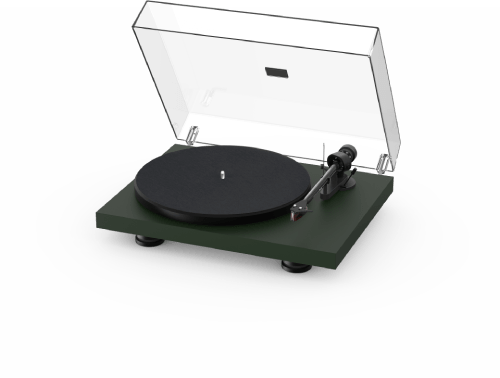
Vinyl enjoyment …
It might be too much to be so enthusiastic about a platter in this price range, but the truth is that the Debut Carbon EVO does it all so well, for the money you are called to give, that it is hard not to admire the effort of the Austrian company.
From the unpacking and the initial setup, even, the platter seems to be designed to be user-friendly, even the uninitiated to the quirks of analog technology. Pro-Ject offers a well-written manual and in the package, there is a well-designed form for the initial setup of the device, something that we rarely find at such a level. The assembly is relatively simple and what one should pay attention to is the correct adjustment of the reading power, the leveling of the platter (through the three support points) and the correct placement of the connection cable, which, being pseudo-balanced, has directionality (the electrical connection of the shield must be on the side of the phono preamplifier), which is indicated by a special mark on the cable itself.
The Carbon EVO exudes a respectable austerity and the feeling of usage it is very positive. The start-up is quite fast, and the engine offers sufficient torque (to clean the disc). The absence of suspension reduces the resistance of the system to external vibrations, but this is something to be expected and we find it in all platters of this kind. The only thing that you have to do is to place it on a vibration-free surface.
With these data, the Carbon EVO proved to be a very quiet source, which will offer a very dark background, to highlight the dynamic profile of a good engraving, with good dynamic contrast and good performance of details. The platter / tonearm package allows the Ortofon head to properly track and bring out the best in itself, leaving promises of even better performance, if Red is replaced by a better option, an upgrade that seems like logic.
The system seemed to have a good low, without unnecessary emphasis tendencies, good control, and good ability to articulate and highlight details. The instruments of the area were rendered with the right scale and the result took out the imposing character we expected from some vinyls. The rhythm parts were performed with a good sense of timing, good speed, and volume, without exaggerating at all.
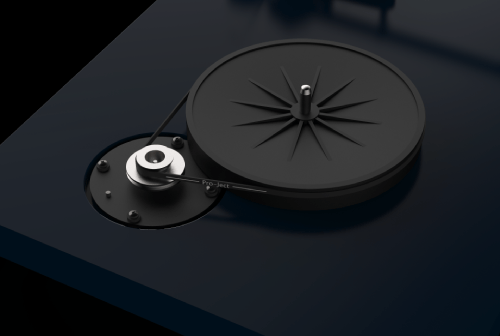
The middle area of the Carbon EVO sounded very clear, deviating slightly towards the mild-soft character and the result was relaxing and sufficiently detailed. The listener is “close” to the stage but will never feel oppressed. The stereo image created by Red is proven to be good (probably the cartridge we see most often in systems in this category) and the Pro-Ject set does not seem to limit it at all. We got very good clarity in the description of the dimensions, good air and a sense of depth and a good description of the position and movement of the springs, which is in line with our impression that we are dealing with a quiet, without significant mechanical noise, system that does not affect tracking.
Τhe character of the head seemed to prevail high. This means that the listening had a good range, a sense of transparency and speed while at the same time it was soft and relaxed, with a slightly dark character, which removes any possibility of roughness or brilliance even if the engraving is – say – less careful than, what should …
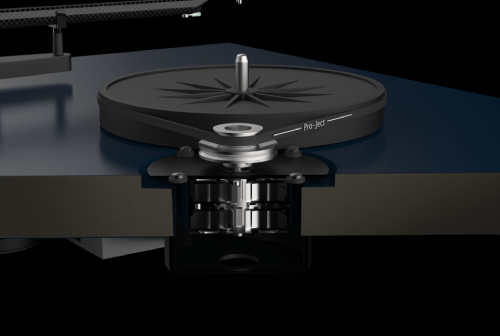
Summing up, of the twelve (!) Series and dozens of models that Pro-Ject currently has, the Debut Carbon EVO is, perhaps, the most representative, in the sense that it perfectly incorporates the “founding” views of Lichtenegger. At the same time, it is a show of strength, as with its quality of construction and its sound character, it sets the reference level in the specific price category. With these as data it is highly recommended!
Overview
Description: Platter / Tonearm
Architecture: Platter / subplatter
Plinth: One piece, MDF
Platter: Metal, 1.7kg, with damping material
Engine: Electronically controlled (33/45 rpm), 78 rpm capability (manual)
Transmission: Via belt
Tonearm: 9 inches, carbon fiber stem, readable power adjustment with calibrated counterweight, anti-skating adjustment with suspended weight
Other features: Comes with Ortofon 2M Red (MM) head, external connecting cable (Connect it E), leveling capability, nine different finishes
Dimensions: 415x118x320 (mm, wxhxd)
Weight: 5.6kg
Price: € 579
Reviewer: Dimitris Stamatakos for YELLOWBOX magazine._ΥΒ


